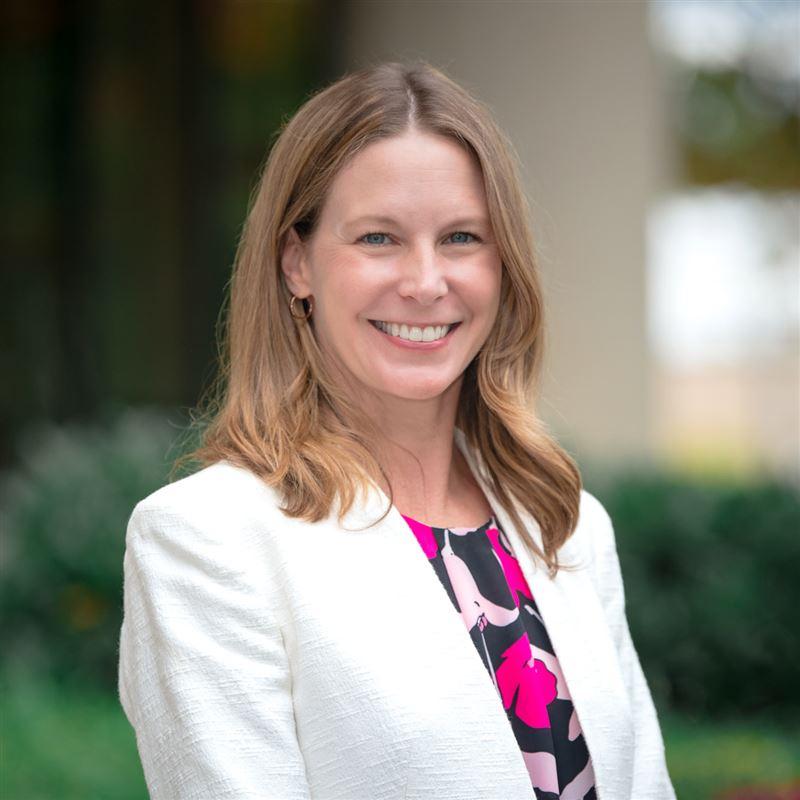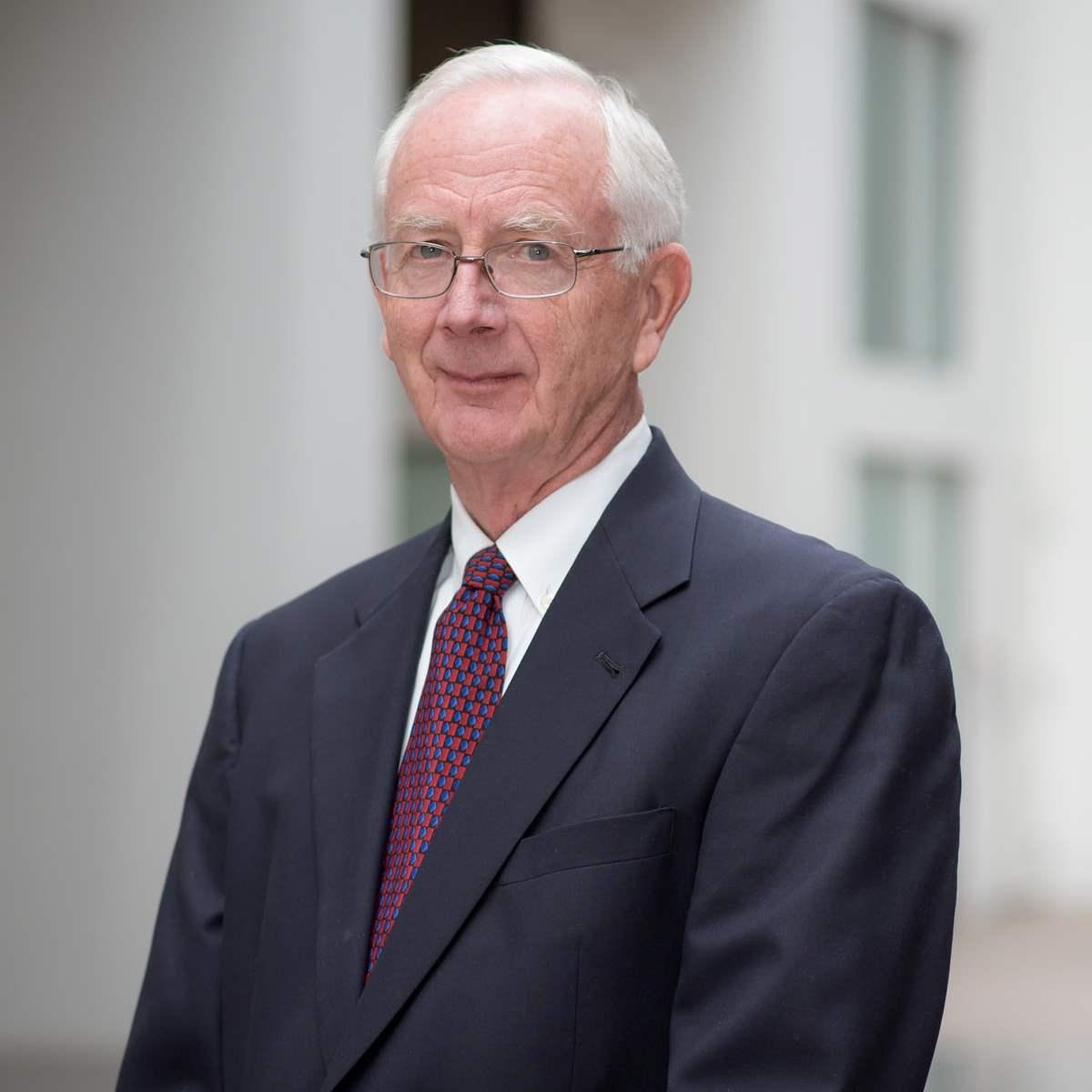Building a Stronger, Smarter City
The bustling city of Columbia, South Carolina, has outgrown its wastewater system. Well-equipped to handle expected wastewater flows 40 years ago, the system now deals with much higher amounts. This strain on the system, often compounded by wet weather events, has forced the city to implement significant changes. Sanitary sewer overflows brought on a consent decree from the U.S. Environmental Protection Agency (EPA). Working with CDM Smith, the city developed the Clean Water 2020 program (CW2020), which will provide the people and businesses of Columbia with a sustainable, well-maintained and reliable wastewater system.
By leveraging infrastructure improvements, organizational optimization and technology upgrades, CW2020 will not only satisfy regulatory requirements and make the city’s waterways cleaner, but it will also provide a foundation for growth and prosperity. When extensive flooding struck Columbia in 2015, the work already completed within CW2020 provided the city with the tools to respond quickly and bounce back faster.
A Full Spectrum of Innovative Improvements
While CW2020 will produce a more efficient wastewater system by improving deteriorating infrastructure, it will also help the city integrate best practices in running the entire system. A critical step towards that goal is implementation of comprehensive operations and maintenance (O&M) systems and organizational improvements.
The O&M upgrades feature both human and technological innovations. Adapting a program that CDM Smith originally developed for the U.S. Navy, the CW2020 team deployed a team of information-gatherers armed with tablets to assess every element of the city’s system, including 56 pump stations, more than 1,000 miles of hard transmission lines and 3,600 pieces of information on treatment plant assets. This information feeds into an integrated city infrastructure database, fueling an asset register that prioritizes and tracks fixes to the city’s equipment, and relays information into financial management software that helps the city efficiently plan and manage budgets.
Departments throughout the city joined the effort. Information technology worked with CDM Smith experts to link the city’s existing software systems and implement new ones. Human Resources evolved job descriptions and created training programs. Engineering and O&M staff worked to reorganize for greater functionality. A team of senior managers was established to work with the CDM Smith team, holding multiple inter-departmental workshops to determine ways to improve current processes and drive change. The implementation of CW2020 improvements have been shared with citizens, ratepayers, environmental groups and other stakeholders, who regularly offer suggestions and input that make the program more effective.
More Resilient, More Reliable
The advanced O&M systems, organizational improvements and tools put into place have provided the city full reign over its wastewater system. The quality of the improvements was put to the test in October 2015, when flooding fueled by Hurricane Joaquin struck the city, causing damage and fatalities. Post-storm assessment of damage to city pump stations and equipment took just one month, thanks to the improvements. The response time to perform repairs was also substantially expedited.
City Manager Teresa Wilson notes, “Previously, there was no means by which to track and evaluate asset conditions before and after a flood event. CDM Smith’s contributions to the city’s program helped prepare us to respond to the devastating impacts the flooding had on the city’s infrastructure.”
The quality of CW2020’s improvements are demonstrated daily. The city has significantly minimized its discharge monitoring report (DMR) excursions. Improvements in plant instrumentation and SCADA maintenance implemented through this project have resulted in better system reliability as well as more confident data collection and use by operations staff. This, in turn, has resulted in increased operator engagement, improved and more resilient performance of the city’s wastewater treatment plant and excellent regulatory compliance. The city of Columbia achieved 99.96% compliance in 2015.
CDM Smith’s contributions to the city’s program helped prepare us to respond to the devastating impacts the flooding had on the city’s infrastructure.

The advanced O&M systems, organizational improvements and tools put into place have provided the city full reign over its wastewater system.










